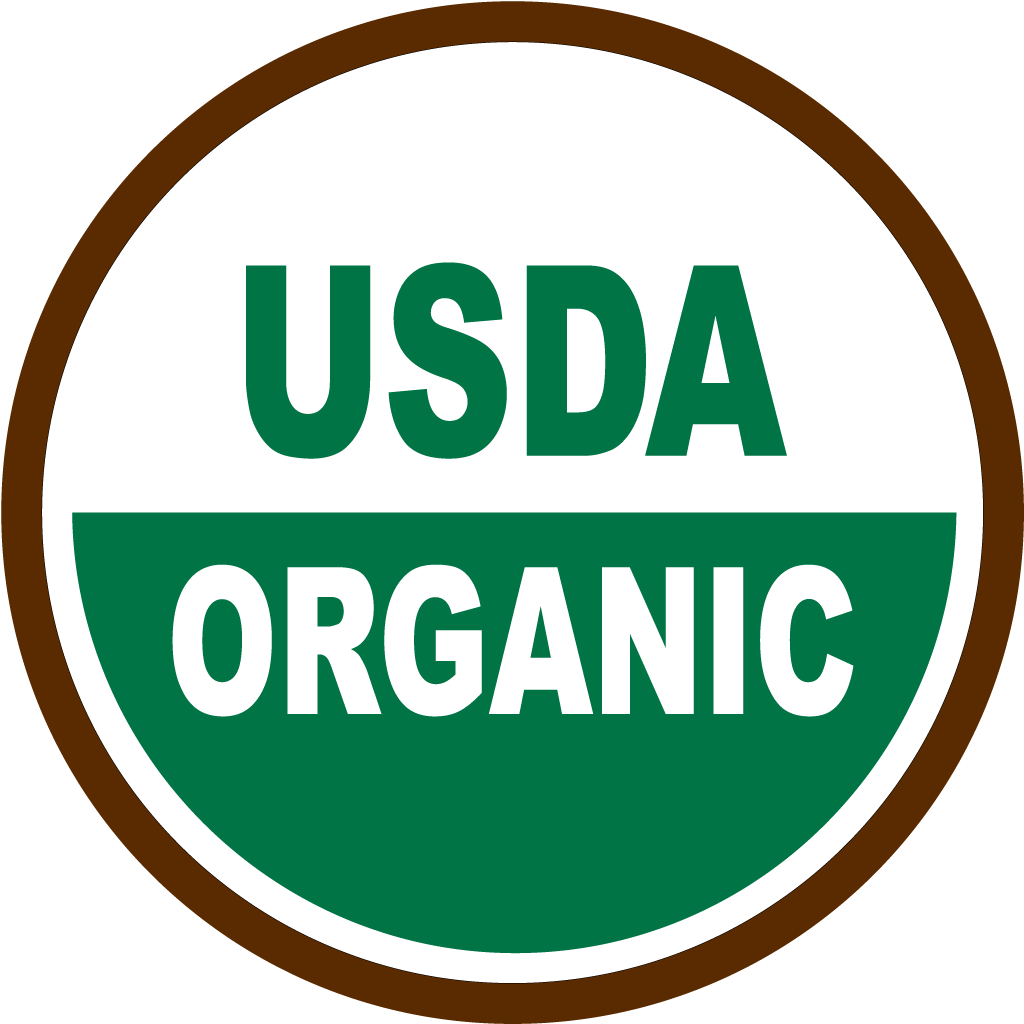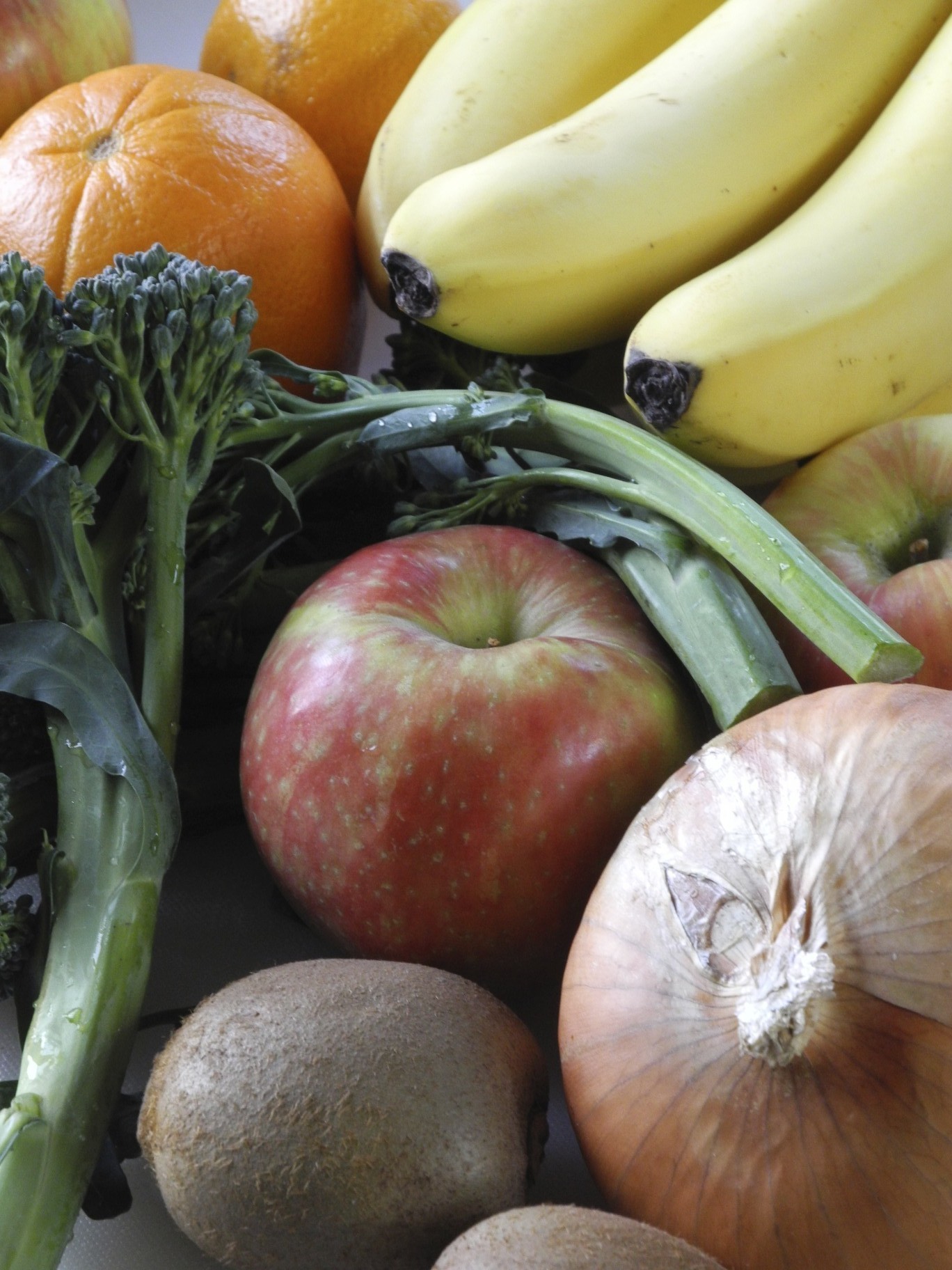John Michael: Eating Organic on Paleo
 Friday, December 2, 2011 at 10:31PM
Friday, December 2, 2011 at 10:31PM  What’s the attraction to Paleo? Personal health. Where do we draw the line when creating our Paleo diets? If it’s just at eliminating grains, dairy, and processed foods, then we’ve taken a big step towards emulating an ancestral diet - but we’re not there yet. Before the 20th Century’s Green Revolution, when synthetic fertilizers and pesticide-use became widespread, concern of industrial chemicals tainting fresh produce was, for the most part, non-existent. Nowadays, whether it’s contamination from the pesticides used to keep fruits and vegetables healthy, or from other chemicals employed during cultivation - or even environmental pollution from non-agricultural sources - that concern is ever-present. These contaminants can adversely affect human health: prenatal pesticide exposure alone has been connected to lower IQs in children.
What’s the attraction to Paleo? Personal health. Where do we draw the line when creating our Paleo diets? If it’s just at eliminating grains, dairy, and processed foods, then we’ve taken a big step towards emulating an ancestral diet - but we’re not there yet. Before the 20th Century’s Green Revolution, when synthetic fertilizers and pesticide-use became widespread, concern of industrial chemicals tainting fresh produce was, for the most part, non-existent. Nowadays, whether it’s contamination from the pesticides used to keep fruits and vegetables healthy, or from other chemicals employed during cultivation - or even environmental pollution from non-agricultural sources - that concern is ever-present. These contaminants can adversely affect human health: prenatal pesticide exposure alone has been connected to lower IQs in children.
In their 2008-2009 Annual Report, “Reducing Environmental Cancer Risk,” the President’s Cancer Panel advises citizens to lower their pesticide exposure. “Exposure to pesticides can be decreased by choosing,” the panel writes, “to the extent possible, food grown without pesticides or chemical fertilizers and washing conventionally grown produce to remove residues.” While this is an explicit warning to consumers, suggesting pesticides are quite harmful to human health, some believe that the term “foods grown without pesticides or chemical fertilizers” implicitly refers to organic foods.
What’s so great about organics? From the USDA Consumer Brochure: Organic Food Standards and Labels: The Facts, “Organic food is produced without using most conventional pesticides; fertilizers made with synthetic ingredients or sewage sludge; bioengineering; or ionizing radiation.” It’s probably the closest we’re going to get to the food our Paleolithic ancestors enjoyed. (You can tell if what you’re buying is organic by the seal it bears. It’s important to remember that, in general, if the food doesn’t have the seal, then it’s not organic.)
While organic foods are not pesticide-free, they are free of synthetic pesticide residues. Instead of synthetic chemicals, organic farmers protect their crops through a variety of strategies, like Integrated Pest Management (IPM), a precise approach to the control of crop-harming insects. In IPM, actions are taken against pests only when necessary, and only after carefully researching the pests in question. Pesticides, if used, are only employed as a last resort.
Additionally, organic agriculture has less of an impact on the environment, thus reducing the amount of environmental pollutants contaminating our food supply. According to the USDA National Organic Standards Board, “Organic agriculture is an ecological production management system that promotes and enhances biodiversity, biological cycles and soil biological activity. It is based on minimal use of off-farm inputs and on management practices that restore, maintain and enhance ecological harmony.” Which is important, since our food, being a product of the environment in which it’s grown, shares the condition of that environment. Simply put, a healthy environment generates healthy food, which leads to healthy people.
John Michael
 USDA,
USDA,  organic,
organic,  pesticides in
pesticides in  Nutrition
Nutrition 


